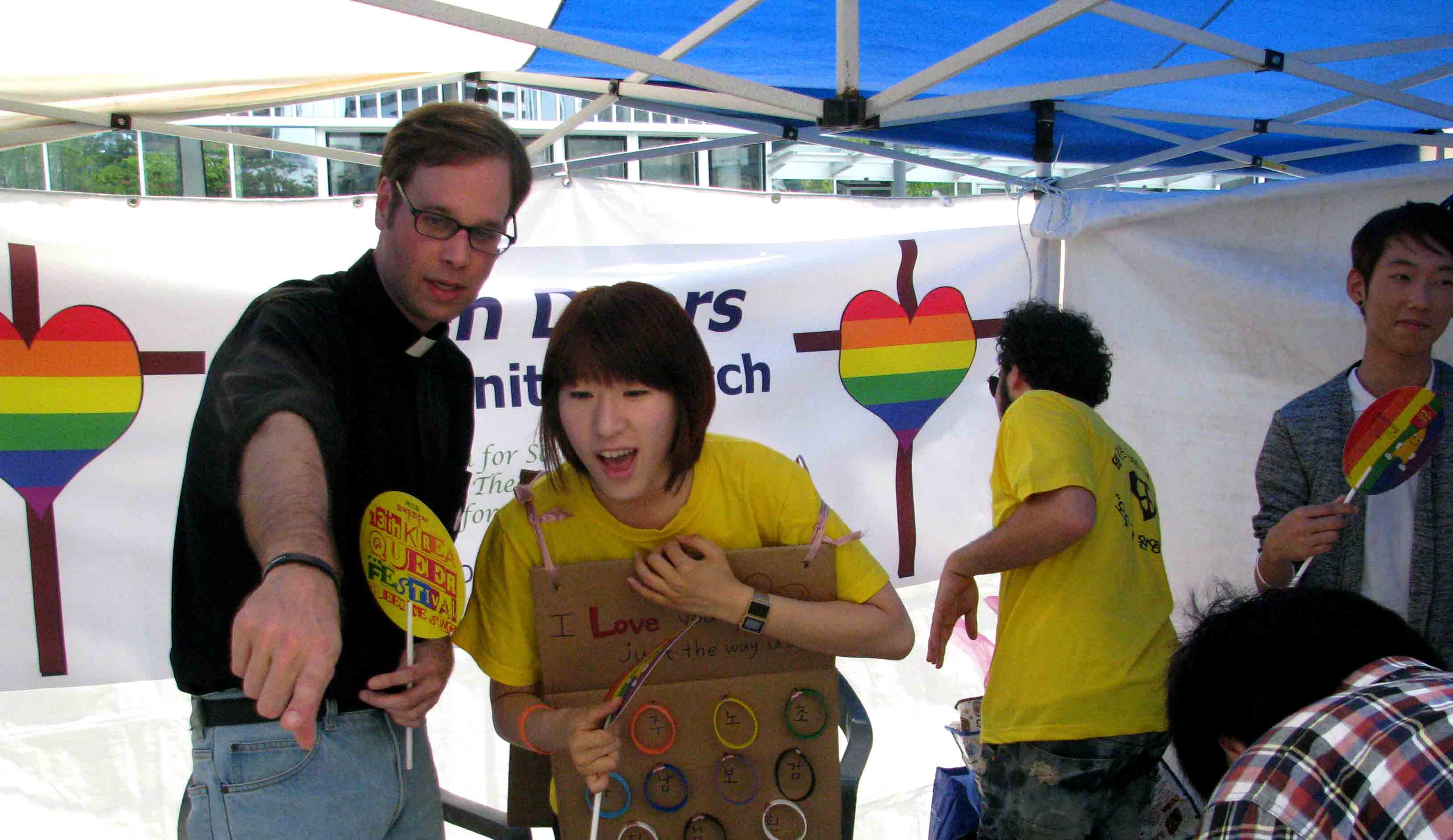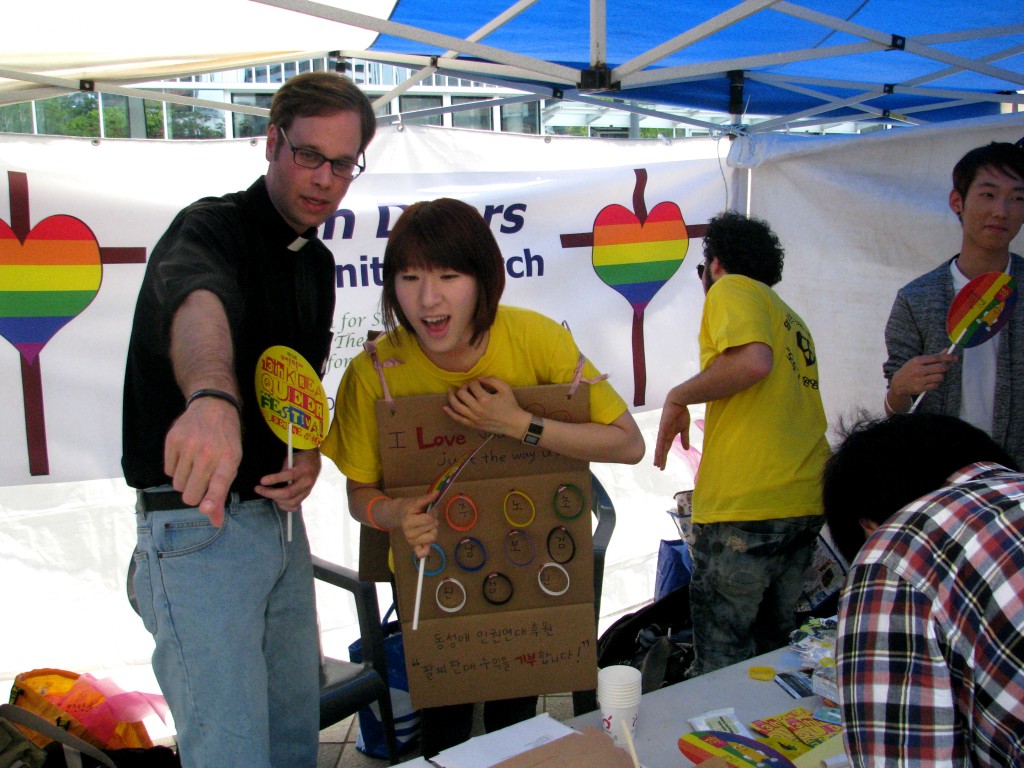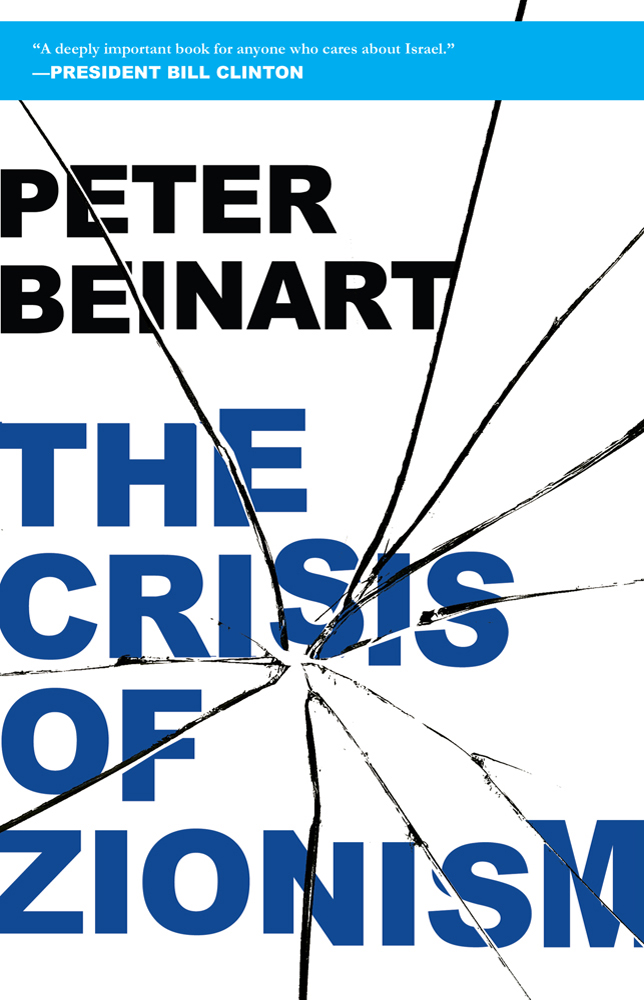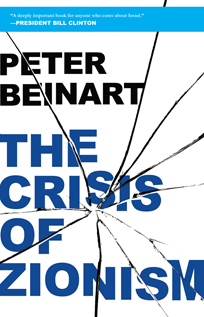I hate meetings. Yes, everyone says that, but I am on the extreme end of the relevant bell curve here: I am introverted to such a degree that some people have confessed that they were unsure I had the ability to speak until months after we met. Therefore, in late March 2020, when stay-at-home orders began to go into force, schools began closing, and my workplace switched to telecommuting, my reaction was more sanguine than most. After all, introverts draw strength from within! Forced social interaction is what tires us most! With fewer meetings scheduled, surely my unpublished novel, a new personal best for pushups, and that foreign language I’d been meaning to learn would all be within my grasp.
Or so I thought.
There was one thing I had not factored into my calculations: depression. While these spells have been with me for much of my life, they increased in frequency after the pandemic began. After just a few weeks of staying at home, I began to notice that I was having more extreme reactions to even mild criticisms from my wife, from my colleagues, even from strangers on the internet. With fewer social interactions to distract me, I heard “I think you misunderstood the nature of this assignment,” “You didn’t use enough soap when you washed the dishes,” and “You might want to rethink your evaluation of this polling data” and understood “Your failure to accomplish small tasks means you are a failure in life and that you should stare at the ceiling.”
Continue reading The Unbearable Lightness of Being at HomeRob York Rob York works for a think tank in Honolulu and still prefers communication by Post-it Notes.
- Follow us on Twitter: @inthefray
- Comment on stories or like us on Facebook
- Subscribe to our free email newsletter
- Send us your writing, photography, or artwork
- Republish our Creative Commons-licensed content





